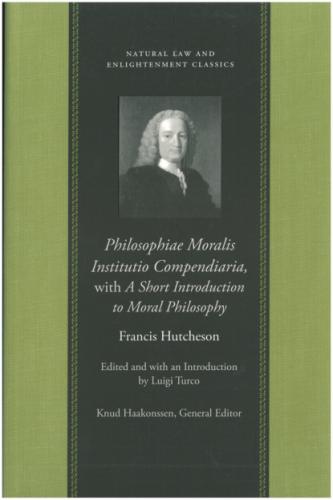14. Sensus ridiculi. [The sense of the ridiculous] 30.
16. aliae naturales, aliae opinabiles. [Some appetites are natural, others less general.] 34.
Cap. II. De summo bono et virtute. [On the supreme good and virtue.] 42.
9. Ut etiam voluptates quaedam leviores. [As well as some pleasures of a lighter kind.] 59.
12. Deus, summum bonum objectivum. [God is the objective supreme good.] 66.
Cap. III. Virtutum divisiones. [The divisions of virtues.]
1. Virtutis natura; ejusque gradus. [The nature of virtue and its degrees.] 66–69.
